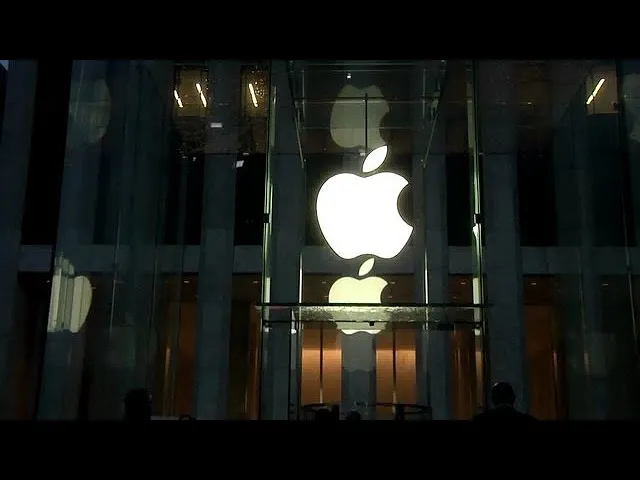The news broke recently when Berkshire Hathaway, the investment business owned by Warren Buffett, sold half of its Apple shares. The financial markets have been agitated by this major announcement, which has led to a more thorough analysis of Berkshire Hathaway’s investing strategies. This decline begs the issues of future orientations and the rationale behind such a big sell-off, given that Apple has been a cornerstone in Berkshire’s portfolio.
The Apple Investment of Berkshire Hathaway
One of Berkshire Hathaway’s most lucrative investments is the partnership it formed with Apple in 2016. Many were skeptical when Buffett first bought Apple shares because of his long-standing dislike of tech firms. But it was a brilliant move that paid off handsomely and solidified Apple’s place as Berkshire’s portfolio heavyweight. The multinational corporation reaped the rewards of Apple’s meteoric rise and groundbreaking innovations after gradually increasing its ownership in the tech company.
Reasons for the Recent Drop in Value
Several strategic factors led to the conclusion that selling half of its Apple shares was the best course of action. Firstly, this action is in line with Berkshire Hathaway’s established policy of diversifying its portfolio. The company is trying to maintain a diversified investing strategy and lessen its risk by decreasing its holdings in any one stock. Also, taking into account the current competitive environment and changing market dynamics in the IT industry, the sell-off can be an indication that Apple’s future growth potential has been reevaluated.
Consequences for Finance and the Market
Market participants’ reactions to Berkshire Hathaway’s decision to sell its Apple stock have been carefully watched by analysts and investors. The impact of Buffett’s investing choices on market sentiment was demonstrated by the initial decline in Apple’s stock price caused by the sell-off. It should be mentioned that Berkshire Hathaway was able to free up a large amount of funds through this divestiture, which could have been used for other profitable investments. The smart reallocation of resources demonstrates the firm’s dedication to enhancing shareholder value.
Where Berkshire Hathaway Is Headed in the Future
Much of Berkshire Hathaway’s wealth is now accessible for reinvestment, so many are wondering what the company will do next. The healthcare, renewable energy, and rising technology industries are all on the up and up, so they could be good bets for investment. Future investment selections will likely be guided by the firm’s past focus on value investing and long-term growth possibilities, which should ensure continuous profitability and stability.
The More General Consequences for Apple
At first glance, Berkshire Hathaway’s decision to sell off its Apple shares may seem alarming. However, it’s important to put this action in perspective with the larger market landscape. As a result of its robust innovation pipeline and varied product ecosystem, Apple maintains its solid financial performance. The agility and endurance of the tech behemoth put it in a good position to face the challenges of an ever-changing tech ecosystem. Despite this strategic divestiture, Apple’s long-term fundamentals are strong, so investors should keep that in mind.
In summary
A major development with far-reaching repercussions for both corporations is the decision by Warren Buffett’s Berkshire Hathaway to sell half of its Apple stock. Reallocating resources strategically and diversifying one’s portfolio are both highlighted by this approach. The stock markets will be watching Berkshire Hathaway’s every move as it investigates potential new investment opportunities. Apple, meanwhile, is still a major player in the IT sector and looks set to keep growing and innovating.




















































